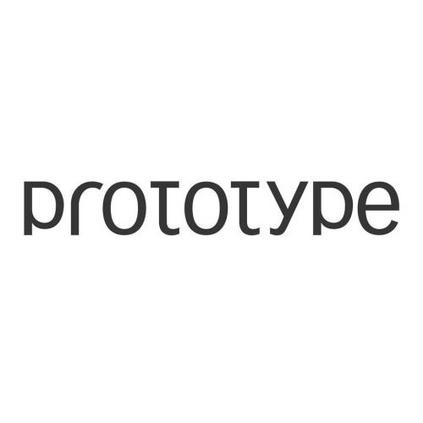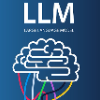Despite demonstrating robust capabilities in performing tasks related to general-domain data-operation tasks, Large Language Models (LLMs) may exhibit shortcomings when applied to domain-specific tasks. We consider the design of domain-specific AI-powered data analysis tools from two dimensions: interaction and user agency. We implemented two design probes that fall on the two ends of the two dimensions: an open-ended high agency (OHA) prototype and a structured low agency (SLA) prototype. We conducted an interview study with nine data scientists to investigate (1) how users perceived the LLM outputs for data analysis assistance, and (2) how the two test design probes, OHA and SLA, affected user behavior, performance, and perceptions. Our study revealed insights regarding participants' interactions with LLMs, how they perceived the results, and their desire for explainability concerning LLM outputs, along with a noted need for collaboration with other users, and how they envisioned the utility of LLMs in their workflow.
翻译:暂无翻译




